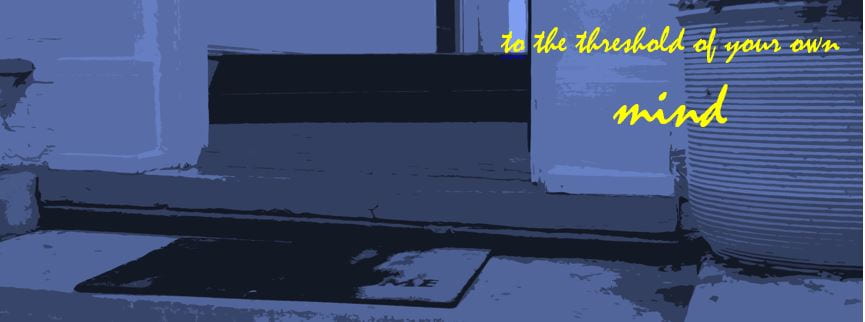The teacher who walks in the shadow of the temple, among his followers, gives not of his wisdom but rather of his faith and his lovingness. If he is indeed wise he does not bid you enter the house of his wisdom, but rather leads you to the threshold of your own mind.
Khalil Gibran, The Prophet
Khalil Gibran’s description of the wise teacher invites me to see myself as the classroom’s foremost engaged learner, demonstrating the research, synthesis, and argumentation processes while affirming student progress in becoming effective participants in civic structures.
Engaged learning means that I train students to effectively participate in their communities. I first implemented this principle when I took students from rural South Carolina to Greece and Italy to develop a more global perspective. We endured missed flights, lost luggage, and an earthquake, but in the end they understood that life in other countries creates world perspectives that differ greatly from their own yet are legitimate and not to be dismissed. My experience with public engagement started in my last semester teaching Rhetoric at the University of Iowa but got a boost in 2014 when I was a fellow at the Obermann Center’s Graduate Institute on Engagement and the Academy. I wrote a philosophy curriculum in which 5th and 6th graders discussed ancient philosophy and worked with a teacher to develop public service projects for the school. Kristin Cannon (principal) and Peggy Powell (counselor) partnered with me in Iowa City to pilot this curriculum, which was then featured in a television program called Education Exchange.
The Nestor Project was a life story project I offered Latin students between 2013-16. They discussed the legitimacies and limitations of Latin mottos with senior citizens and then researched primary texts so that they could compare conversation and research in an essay format. Students found this experience helpful for research practices, but they regularly noticed how personally meaningful it was. One student found interacting with his partner the most refreshing part of the experience because he got to hear World War II combat stories. Life on campus does not typically afford such rich opportunities, he noted.
Engaged learning has extended to my current role as an instructional technologist. Each month, I articulate my mission to connect faculty with the people, ideas, and tools needed to reach their teaching and learning objectives. My podcasts reach the broader campus community by enabling faculty to share innovative teaching strategies, the Office of Institutional Diversity in creating “pathways to equity and inclusion,” and health and wellness staff in communicating holistic development resources. I have also collaborated with other College of Charleston faculty in preparing our Carnegie Engaged Classification Application so that our institution can be recognized as a community engaged institution. These experiences have given me the technological agility to see the next phase will be enabling students to create public-facing products whose relevance persists beyond the semester.
Gibran’s wise teacher demonstrates that teaching is less about moving data and more about showing students what they know, don’t know, and need to learn. Lecturing and instruction have their place, but my interactions with students help them realize the potency of their own ideas and abilities as participants in their communities.
